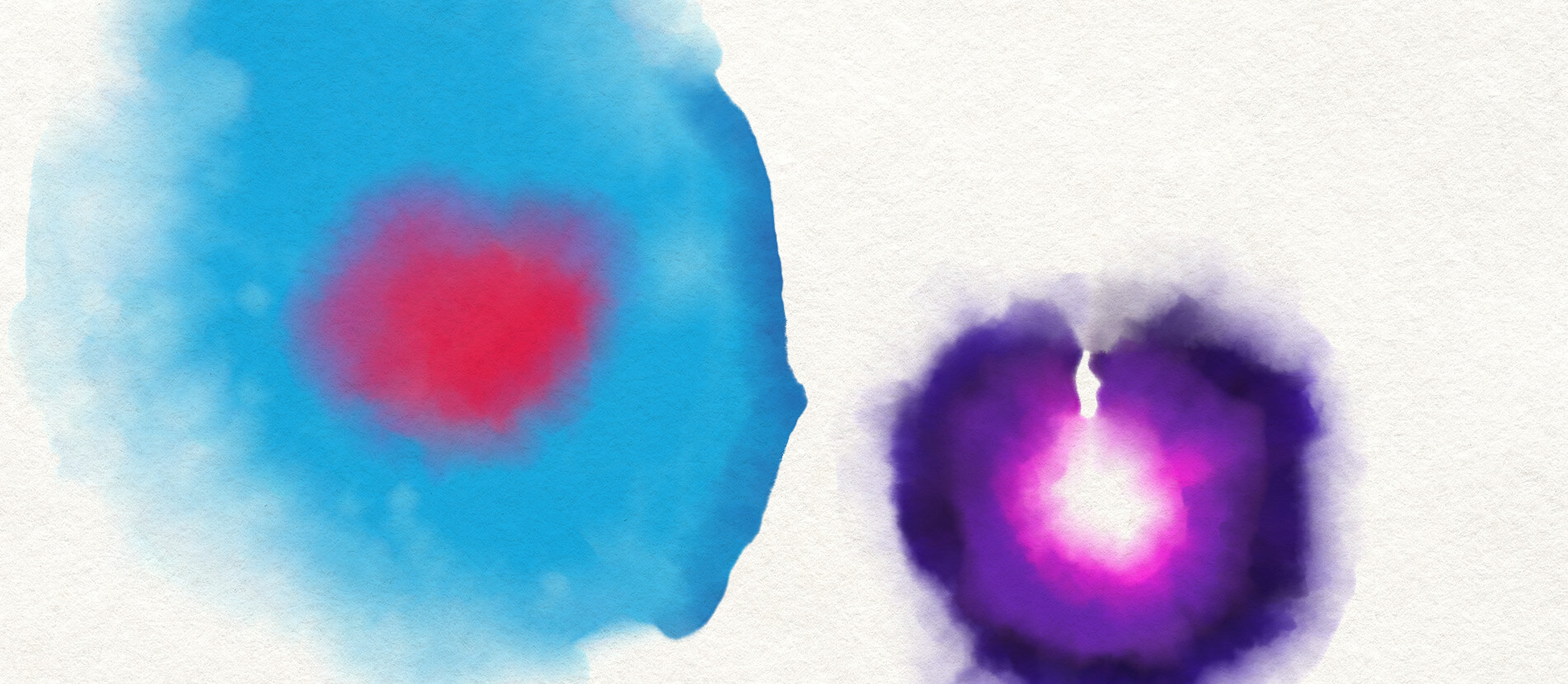Forensic electrochemistry: sensing “molecule of murder” atropine
A disposable and cost effective electrochemical sensor that can detect atropine in a drink has been made by scientists from the UK and Brazil. Atropine is a plant-derived drug that can be used in the treatment of Parkinson’s disease and exposure to nerve agents. However, it is also used as a poisoning agent, hidden in food or drink to hide its bitter taste.
Current methods for determining atropine include high performance liquid chromatography and gas chromatography-mass spectrometry, but these methods are expensive, require sample preparation, and are not very portable. Here, a sensor has been designed using screen printed graphite electrodes, without the requirement of pre-treatment or surface modification, and tested on a cola drink spiked with atropine.
Original publication
Organizations
Other news from the department science

Get the chemical industry in your inbox
By submitting this form you agree that LUMITOS AG will send you the newsletter(s) selected above by email. Your data will not be passed on to third parties. Your data will be stored and processed in accordance with our data protection regulations. LUMITOS may contact you by email for the purpose of advertising or market and opinion surveys. You can revoke your consent at any time without giving reasons to LUMITOS AG, Ernst-Augustin-Str. 2, 12489 Berlin, Germany or by e-mail at revoke@lumitos.com with effect for the future. In addition, each email contains a link to unsubscribe from the corresponding newsletter.
Most read news
More news from our other portals
See the theme worlds for related content
Topic world Gas chromatography
Gas chromatography is an essential method in analytical chemistry for the separation and analysis of volatile compounds. Due to its high resolution and sensitivity, it has become firmly established in areas such as environmental analysis, food chemistry or forensic science. GC provides precise and reliable results and enables deep insights into the chemical composition of samples.

Topic world Gas chromatography
Gas chromatography is an essential method in analytical chemistry for the separation and analysis of volatile compounds. Due to its high resolution and sensitivity, it has become firmly established in areas such as environmental analysis, food chemistry or forensic science. GC provides precise and reliable results and enables deep insights into the chemical composition of samples.
Topic World Chromatography
Chromatography enables us to separate, identify and thus understand complex substances. Whether in the food industry, pharmaceutical research or environmental analysis - chromatography opens up a treasure trove of information about the composition and quality of our samples. Discover the fascinating world of chromatography!

Topic World Chromatography
Chromatography enables us to separate, identify and thus understand complex substances. Whether in the food industry, pharmaceutical research or environmental analysis - chromatography opens up a treasure trove of information about the composition and quality of our samples. Discover the fascinating world of chromatography!


























































